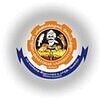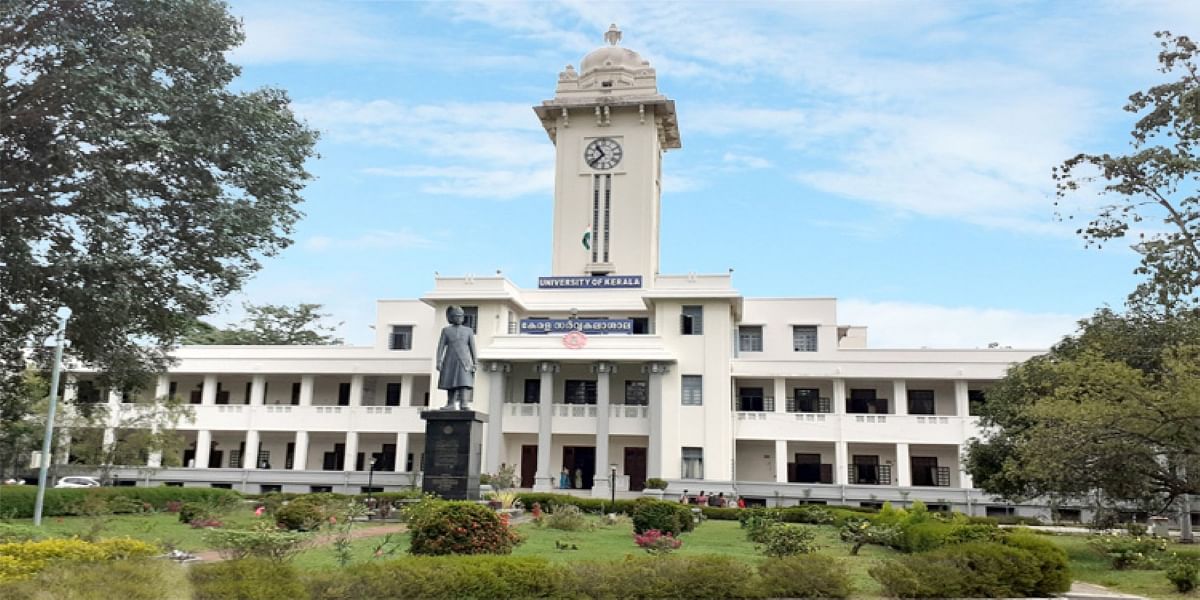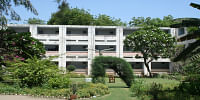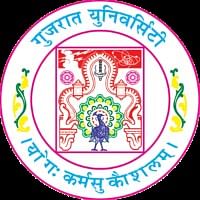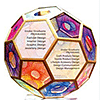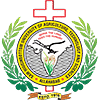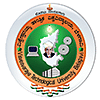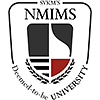M.Phil Botany Syllabus and Subjects

M.Phil Botany is a two-years advanced postgraduate/ pre-doctorate degree program, wherein the M.Phil Botany subjects are divided into four semesters. Through this course, students will gain a variety of abilities in the area of botany and will be qualified in both theoretical and practical knowledge of the field. This course will ensure that the students will develop professionally in their chosen speciality.
Semester Wise M.Phil Botany Syllabus
The M.Phil Botany syllabus covers everything from learning the theory to acquiring practical skills. M.Phil Botany subjects are designed to give students a thorough understanding of the field of study. Total four semesters are included in the syllabus in the course of two years in the M.Phil Botany course. The M.Phil Botany course aims to ensure that the students have access to all the vital information they need. The following is the M.Phil Botany subjects list, organized by semester:
|
Semester I |
Semester II |
|
Advancing Frontiers |
Specialization of Subject |
|
Basic Research Methodology |
|
|
New Vistas in Plant Science |
Thesis Evaluation |
|
Semester III |
Semester IV |
|
The area I: Advanced Ecology |
Area II: Cytogenetics |
|
Conservation |
|
|
Environmental Biology |
Area III: Phytopathology |
M.Phil Botany Subjects
M.Phil Botany course syllabus offers both theoretical and practical aspects of the study. The course curriculum also includes both core and elective subjects, making it very useful for students. Botany covers a wide range of scientific disciplines that study higher plants, algae, and fungi including structure, growth, reproduction, metabolism, development, diseases, and chemical properties and evolutionary relationships between the different groups. The common subjects include:
- Environmental Biology
- Plant Breeding
- Phytopathology
- Plant Science
- Advanced Ecology
M.Phil Botany Course Structure
M.Phil Botany syllabus format comprises both theory and research papers and is organized into four semesters over two years. The M.Phil Botany course is structured in such a way that both theoretical study and practical training are incorporated into the curriculum. The following is the course structure:
- IV Semesters
- Core Subjects
- Theory and Research work
- Thesis Evaluation
M.Phil Botany Teaching Methodology and Techniques
Different teaching approaches are accounted for in the course curriculum. Research works are included in addition to the classroom structure of studying. The following are some general teaching methods and strategies, used by many faculties:
- Conceptualized Learning
- Practicals & Training
- Presentations
- Group Projects
- Field Research Works
- Thesis
M.Phil Botany Projects
Students are given various M.Phil Botany projects topics to assist them in learning numerous topics and gaining practical experience through field research works. To complete the course, each candidate must submit a thesis at the end of the curriculum. The following are some of the most popular M.Phil Botany projects topics:
- A thorough study of plant species
- Setting up objectives of the study and working on the process of plant breeding
- Involvement in the process of Seed Germination
- Research Project and Thesis Evaluation
- Study of Plant Science
M.Phil Botany Reference Books
Many authors and publications offer M.Phil Botany books, which can be available both online and offline. Reference books are designed to help learners to comprehend ideas in greater depth. Academic and reference books are divided into specialities. The following are some of the most preferred M.Phil Botany reference books:
|
Name of the Books |
Authors |
|
Introduction To Principles Of Plant Pathology |
R S Singh |
|
Basic Concepts Of Plant Science |
Sandeep K & Dheeraj Singh Bangarwa |
|
A Text-Book of Botany |
N. Arumugam, Annie Ragland, V. Kumaresan |
|
Textbook of Plant Ecology |
R. S. Shukla |





